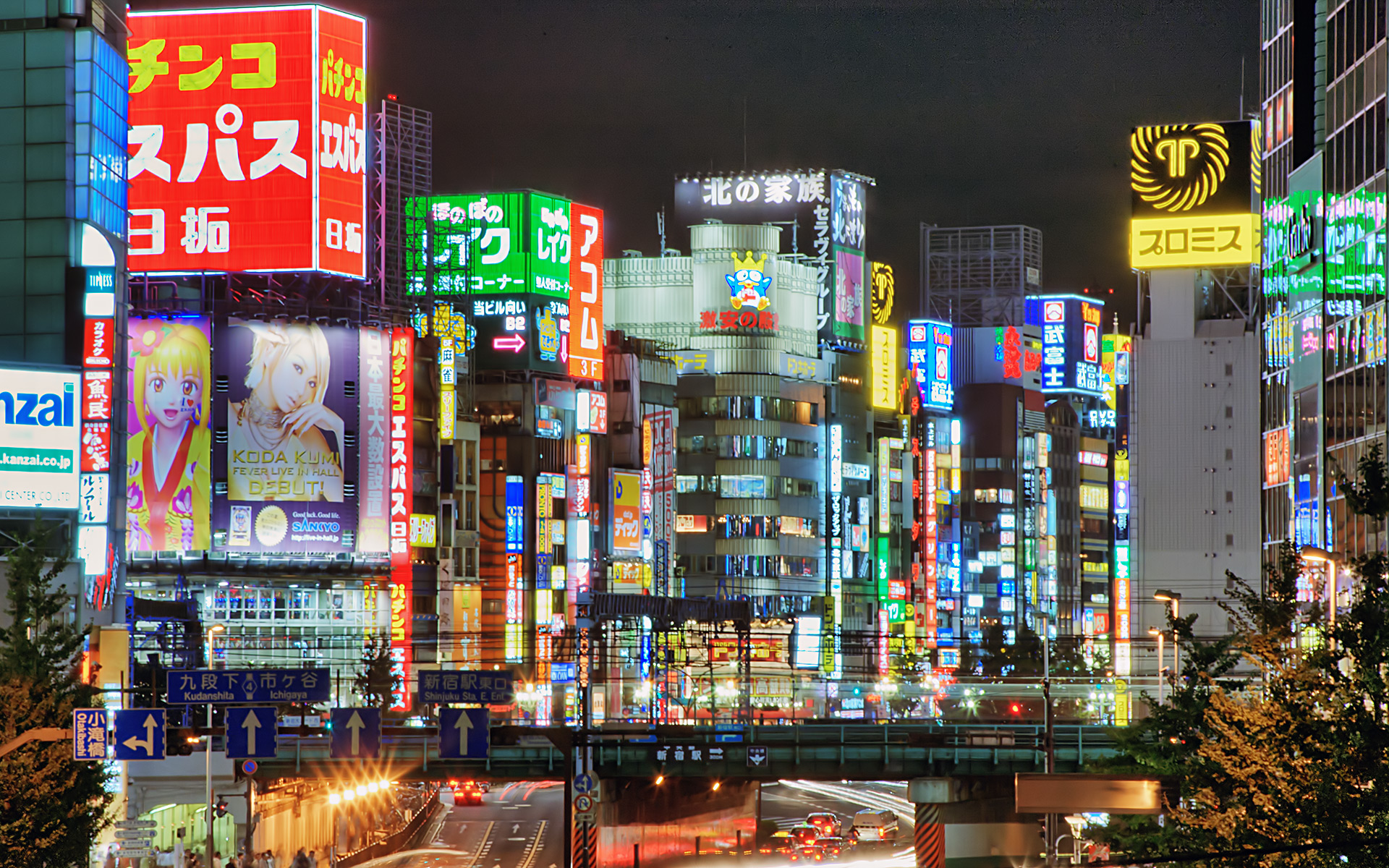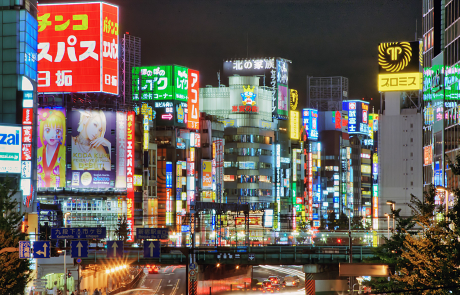X-CENTER JAPAN

Tokyo, Japan’s bustling capital, mixes the ultramodern and the traditional, from neon-lit skyscrapers and anime shops to cherry trees and temples. The opulent Meiji Shinto Shrine is known for its towering gate and surrounding forests. The Imperial Palace sits amid sprawling public gardens. The city is famed for its vibrant food scene, and its Shibuya and Harajuku districts are the heart of its trendy teen fashion scene.
DOWNLOAD APRIL 2016 UPDATE PRESENTATION
What
“Forum of X-Center Japan (FoXc-J)” consists of researchers from government research institute, academia and industry. FoXc-J will aim at exploring effective countermeasures, a systems concept and a methodology of analysis on resilience for current important issues, paying special attention to the interdisciplinary nature of subjects and also developing close cooperation through an international network in relevant research areas.
Why
Almost two years have passed since Japan’s March 11 earthquake in 2011. Anxiety “beyond anticipation (BA)” has dramatically increased since then. Looking at the current global socio-economy, we can clearly observe that it is in the midst of BA due to such events as the U.S. sub-prime mortgage crisis, the Lehman Shock, a Euro currency crisis, Japan’s March 11 disaster, flooding in Thailand, Hurricane Sandy’s damage to New York, the Senkaku Islands dispute and Boeing’s 787 problems.
Digitalization of manufacturing processes and a third industrial revolution initiated by the “Maker movement” (a consumer rather than producer initiative in manufacturing) represent another stream of BA that has shaken up the business model of firms. Trends in aging and a declining birthrate may also lead to a BA world once they exceed a certain threshold.
Dramatic advancement of the Internet in terms of its diffusion speed and scope has triggered revolution in Arabic nations, contributing to the recent tragedy of terrorism in Algeria. The Maker movement has also been triggered by this development.
It can be broadly demonstrated by not a little historical evidence that countermeasures to the above BA incidents have dramatically changed the comparative advantage positions of nations, cities, industries and firms.
Japan has historically reacted very well to BA issues, and its firms have gained repulsive power as a result of BA crises. Typical accomplishments can be seen in its countermeasures to the energy crises of 1973 and 1979 as well as appreciation of the yen due to the Plaza Accord in 1985. Such elastic repulsive power toward recovery from damage can be regarded as “resilience.”
Evidence of such performance was demonstrated by the surprisingly prompt recovery from the supply chain system disruption due to the Great East Japan Earthquake as well as major flooding in Thailand during 2011. Such resilience impressed countries around the world.
However, not withstanding such an accomplishment, the extraordinary resilience that transformed crises into a springboard for innovation has recently disappeared and discouraged other countries of the world.
Since it has been difficult to stand by and accept such a change, we have endeavored to explore international challenges regarding this important subject with the International Institute for Applied Systems Analysis (IIASA) by working primarily with Professor John Casti, who is a world leading scientist in the field of complexity science.
Corresponding to such an endeavor, an interdisciplinary fusion research program named “Systems Resilience” was started by the Research Organization of Information and Systems in April 2012. Similar endeavors to conduct pioneer research on resilient systems were also started by leading universities in Japan such as Tokyo Institute of Technology, Keio University and The University of Tokyo focusing on resilience in the innovation value chain and supply chain management. Analysis of urban resilience was also undertaken by the National Institute for Environmental Studies. In addition, research on the ongoing shift toward a resilient business model corresponding to current new normal circumstances was initiated by high-technology firms.
Inspired by such a new stream of resilience research endeavors both inside and outside of Japan, and on the basis of intensive preparatory work, we reached the conclusion accept the invitation of the X-Center Network and establish Forum of X-Center Japan (FoXc-J)
When
FoXc-J was formed in Tokyo, Japan in late 2012 as a private forum.
How
FoXc-J will undertake the following activities as its initial endeavor while inviting additional members having the same concerns to cooperate and also work in close collaboration by means of the X-Center international network:
Active interaction with the International X-Center Network and holding symposiums, seminars and workshops by inviting members of the Network;
Exchange of findings obtained from research activities, colloquiums and joint study among Forum members;
Publication of a newsletter reporting on forefront research activities concerning resilience research and issues; and
Publication of an academic journal demonstrating results of forefront research on resilience.
Who
Core Founding Members Forum of X-Center Japan (FoXc-J)
Chihiro Watanabe(Acting Director): Prof. Dept of Industrial Management, Tokyo Seitoku University, Prof. Emeritus, Tokyo Institute of Technology, Visiting Prof., National University of Singapore, Visiting Professor, University of Jyvaskyla, Finland, Research Scholar, Intl. Institute for Applied Systems Analysis (IIASA)
Masahiro Ibaragi: Strategic Planning Manager, Intellectual Property Strategy Div., Innovation Headquarters, Yokogawa Electric Corporation Visiting Researcher, The Center for Global Communications(GLOCOM), International University of Japan
Hiroshi Maruyama: Prof. The Institute of Statistical Mathematics, Research Organization of Information and Systems
Hiroaki Matsukawa: Prof. Depart. of Administration Engineering, Keio University, Director, Japan Management Training Center, Auditor, Division Chair, Japan Industrial Management Association
Kazuhiro Minami: Research Associate Professor, The Institute of Statistical Mathematics, Research Organization of Information and Systems
Yoshiki Yamagata: Principal Researcher, Center for Global Environmental Research, National Institute for Environmental Studies, Visiting Prof., The Institute of Statistical Mathematics, Research Scholar, Intl Institute for Applied Systems Analysis (IIASA)
Weilin Zhao: Senior Associate, Economic Research Center, Fujitsu Research Institute
Miki Sakamoto: Secretary to Prof. Watanabe, Dept. of Industrial Management, Tokyo Seitoku University
References
Selected References
i. T. Brudermann, R. Rauter and Y. Yamagata, “Behavioral Aspects of Urban Resilience,” Innovation and Supply Chain Management 7, No. 3, in print.
ii. H. Maruyama and K. Minami, “Towards Systems Resilience,” Innovation and Supply Chain Management 7, No. 3, in print.
iii. H. Matsukawa, “Uncertainty and Demand Forecasting,” Innovation and Supply Chain Management 7, No. 3, in print.
iv. C. Watanabe, “Innovation-consumption Co-emergence Leads a Resilience Business,” Innovation and Supply Chain Management 7, No. 3, in print.
v. Y. Yamagata and H. Saya, “Spatial Electricity Sharing System for Making City More Resilient against X-Events,” Innovation and Supply Chain Management 7, No. 3, in print.








